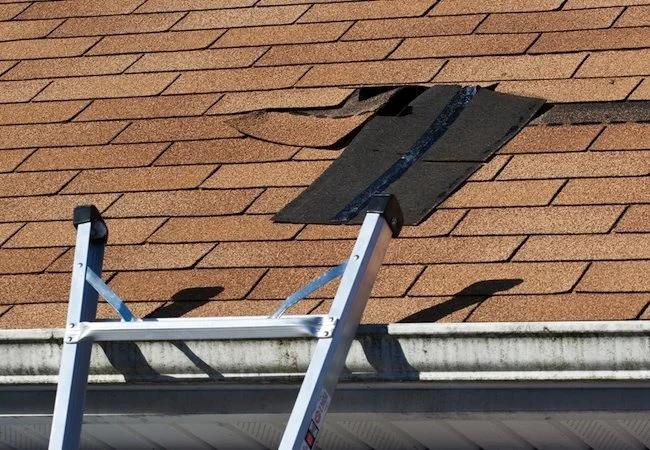Dealing with a leaking roof can be a stressful experience for any homeowner. While the idea of saving money by tackling the repair yourself may seem appealing, it’s essential to consider the complexities involved. In this blog, we explore whether you can repair a leaking roof yourself and what factors you should consider before deciding.
Assessing the Leak
Identifying the Source of the Leak
The first step in addressing a leaking roof is to identify the source. Look for signs such as water stains on ceilings or walls, damp spots, or visible water dripping inside your home. Determining the exact location of the leak is crucial for effective repair.
Evaluating the Severity
Not all leaks are equal; some are minor and easily manageable, while others may indicate more significant issues. Evaluate the extent of the damage. Is it a small, isolated area, or does it appear widespread? This assessment will help you decide whether the problem can be handled with a simple DIY fix or requires professional intervention.
Factors to Consider for DIY Repair
Safety Concerns
Roof repairs can be dangerous due to the risk of falls, unstable surfaces, and exposure to the elements. Safety should always be a top priority. If you decide to attempt a repair, ensure you have the necessary safety equipment, such as a sturdy ladder, non-slip shoes, and a harness.
Skill Level and Tools
Basic roofing repairs require a certain level of skill and experience. Do you have the knowledge to perform the repair correctly? Additionally, you’ll need the right tools and materials, such as sealants, shingles, or tiles, to do the job.
Type of Roofing Material
Different roofing materials present unique challenges. For example, repairing asphalt shingles is generally more straightforward than working with metal or tile roofs. Consider the type of roofing material on your home and whether you’re equipped to handle it.
Common DIY Roof Repair Techniques
Temporary Patching
If the leak is minor and you need a quick fix, temporary patching can be an option. This might involve using a tarp or roofing sealant to stop the leak until a more permanent solution is found. While these fixes can buy you some time, they’re not long-term solutions.
Replacing Damaged Shingles or Tiles
If you notice damaged shingles or tiles, you can attempt to replace them yourself. This process involves carefully removing the damaged pieces and installing new ones. It’s crucial to ensure the new shingles or tiles are correctly aligned and secured to prevent future leaks.
Clearing Gutters and Downspouts
Often, roof leaks are caused by clogged gutters and downspouts, which prevent water from draining properly. Regularly cleaning these components can help prevent leaks. Make sure gutters are free of debris and that downspouts are not blocked.
When to Call a Professional
For complex or widespread damage, it’s best to seek professional help. If the roof damage is extensive, attempting a DIY repair could lead to further issues, including structural damage or leaks in other areas. Moreover, improperly performed repairs can void warranties and complicate insurance claims. In such cases, consulting a professional for leaking roof repairs Sydney wide can provide peace of mind and ensure the job is done correctly.
Cost Considerations
Comparing Costs: DIY vs. Professional
DIY repairs might seem cheaper initially, but consider the long-term implications. Mistakes can lead to more costly repairs down the line. Professional repairs, while more expensive upfront, offer benefits like warranties, quality assurance, and potentially extending the lifespan of your roof.
Final Words
Deciding whether to repair a leaking roof yourself depends on various factors, including the severity of the damage, your skill level, and the specific roofing material. While minor repairs can be handled with DIY methods, significant issues should be addressed by professionals to ensure safety and quality. Remember, your roof is a critical part of your home, and proper maintenance is essential for protecting your investment.
Keep an eye for more news & updates on TribuneTribune.Com!




